Beyond Code Generation: How Agentic AI is Transforming Custom Software Development
Published by: Vinu VijayanFeb 13, 2025Blog
Software development has long been a field driven by structured processes, logical problem-solving, and intricate coding methodologies. However, as businesses demand faster deployment cycles, improved scalability, and more intelligent automation, traditional development approaches struggle to keep pace.
The introduction of Generative AI--powered by Large Language Models (LLMs)--helped automate tasks such as code completion and boilerplate generation, but it has clear limitations. Developers still face complex decision-making, workflow optimization, and system-level problem-solving challenges that require human intervention.
This is where Agentic AI comes into play. Unlike conventional AI, Agentic AI autonomously plans, adapts, and executes tasks while optimizing software development workflows beyond just code generation. It streamlines debugging, testing, security, and decision-making--transforming the way developers build, manage, and scale applications.
This guide explores how Agentic AI is reshaping custom software development and why it's the future of intelligent automation in IT.
What is Agentic AI?
Agentic AI refers to an advanced form of artificial intelligence that acts autonomously to complete complex tasks, make strategic decisions, and optimize workflows without requiring constant human supervision. Unlike rule-based AI models, which follow pre-defined patterns, Agentic AI learns, adapts, and executes in real-world software development scenarios.
Key Characteristics of Agentic AI:
- Autonomy - Agentic AI executes actions independently without requiring step-by-step instructions.
- Adaptability - It continuously learns from data, adjusts to new challenges, and optimizes performance dynamically.
- Goal-Oriented Approach - Unlike traditional AI, it focuses on long-term objectives rather than just individual tasks.
- Seamless Collaboration - It interacts with APIs, databases, and cloud services while aligning with software development frameworks.
Real-World Applications of Agentic AI
Beyond software development, Agentic AI is already transforming multiple industries, such as:
Autonomous Vehicles: Self-driving cars use AI agents to make real-time decisions on traffic patterns.
Supply Chain Optimization: AI-driven logistics solutions dynamically adjust inventory, routes, and distribution strategies.
Financial Markets: AI automates risk assessment, fraud detection, and high-frequency trading in finance.
These examples highlight Agentic AI's ability to process data, optimize workflows, and make strategic decisions--capabilities that are now reshaping custom software development.
The Limitations of Generative AI in Custom Software Development
While Generative AI tools--such as GitHub Copilot or ChatGPT's code assistant--have helped accelerate coding by generating snippets and automating repetitive tasks, they still have significant limitations.
Where Generative AI Falls Short:
- Lacks Autonomy - AI models require continuous developer oversight, making them impractical for complex workflows.
- Limited Adaptability - Pre-trained LLMs struggle to adjust code based on evolving project needs.
- Inability to Manage Complexity - Generative AI cannot optimize software architectures, debug errors intelligently, or make strategic decisions in software development.
Why Custom Software Development Needs More than Just Code Generation
Modern software development goes beyond simply writing code--it involves:
- Optimizing system architecture for scalability and efficiency.
- Enhancing security with automated vulnerability detection.
- Accelerating debugging by identifying and resolving errors in real-time.
- Streamlining project management by automating workflow orchestration.
Agentic AI bridges these gaps, providing an end-to-end intelligent development framework that optimizes, secures, and scales applications autonomously.
How Agentic AI is Transforming Custom Software Development
Unlike Generative AI, Agentic AI actively participates in the entire software development lifecycle.
Key Applications of Agentic AI:
- Automating Complex Workflows - AI agents execute multi-step workflows, including code generation, testing, and deployment, reducing manual intervention.
- Optimizing Code Quality - AI reviews, refactors, and suggests efficient solutions to improve maintainability and performance.
- Accelerating Debugging & Troubleshooting - AI proactively detects issues, suggests real-time fixes, and runs automated debugging processes.
- Automating Software Testing - AI agents generate, execute, and optimize test cases, improving coverage and reliability.
- Enhancing Security Measures - AI-driven cybersecurity modules detect vulnerabilities and flag compliance risks before deployment.
- Informed Decision-Making - AI-driven analytics extract insights, predict bottlenecks, and optimize software architecture for improved efficiency.
Why These Features Matter
Without Agentic AI, developers often spend:
The allocation of developers' time across various tasks in software development has been the subject of multiple studies, yielding varying results:
- Debugging: Estimates of time spent on debugging vary significantly. Some sources suggest that developers may spend up to 50% of their time debugging code. However, other studies indicate a lower percentage, around 20%.
- Security Patching and Compliance: Specific data on the percentage of time developers spend on security patching and compliance is limited. However, addressing technical debt, which includes security concerns, can occupy a significant portion of developers' time. It's predicted that by 2025, 40% of IT budgets will be spent on maintaining technical debt.
- Refactoring Inefficient Code: Dealing with technical debt often involves refactoring code. Research indicates that developers spend approximately 13.5 hours per week addressing technical debt, which includes activities like refactoring. This equates to about one-third of their workweek.
These findings highlight the substantial amount of time developers dedicate to debugging, maintaining security, and refactoring code to ensure software quality and performance.
Key Benefits of Agentic AI Integration in Software Development
Integrating Agentic AI into custom software development provides several game-changing benefits:
1. Enhanced Development Efficiency: - Reduces repetitive coding tasks, enabling developers to focus on strategic development.
2. Improved Software Scalability & Performance: - AI-driven optimizations ensure that software scales dynamically with workload demands.
3. Cost Savings & Faster Time-to-Market: - Automating debugging, security checks, and testing reduces development time and overhead costs.
4. Superior Security & Compliance: - AI identifies vulnerabilities proactively, ensuring robust security standards in real-time.
5. Intelligent Decision-Making: - AI analyzes data trends, improving resource allocation, workflow prioritization, and performance forecasting.
6. 24/7 AI Development Support: - AI provides round-the-clock development assistance, increasing coding productivity across teams.
By integrating Agentic AI, developers can accelerate software delivery, improve efficiency, and build future-ready applications.
Challenges & Considerations in Implementing Agentic AI
While Agentic AI unlocks immense potential, companies must navigate key challenges:
- Ethical AI Usage: Addressing biases in AI decision-making and ensuring transparent AI governance.
- Data Security & Privacy: AI must comply with GDPR, CCPA, and industry-specific regulations to protect sensitive information.
- Seamless System Integration: Ensuring compatibility with existing DevOps pipelines, cloud environments, and legacy architectures.
Successfully implementing Agentic AI requires strategic planning, governance, and AI lifecycle management to maximize its potential.
The Future of Agentic AI in Custom Software Development
Agentic AI is continuously evolving--pushing the boundaries of software automation, DevOps, and intelligent system design.
Emerging Trends:
Advanced AI Copilots - AI assistants that write large-scale application logic autonomously.
Self-Healing Code - AI models that automatically detect and resolve code anomalies in real-time.
Codeless AI-Driven Development - The rise of low-code/no-code platforms powered by intelligent AI agents.
As AI-driven development platforms evolve, Agentic AI will play a key role in shaping the future of enterprise applications.
Conclusion: Why Businesses Must Embrace Agentic AI
Traditional software development methods can no longer keep up with the complexity of modern applications. Agentic AI offers a revolutionary approach by automating tasks beyond just code generation--enhancing debugging, security, workflow optimization, and decision-making.
To stay competitive, businesses must integrate AI-driven automation into their development pipelines. Ready to build the future of AI-driven software? Explore Evalogical's AI-powered Software Development Solutions.


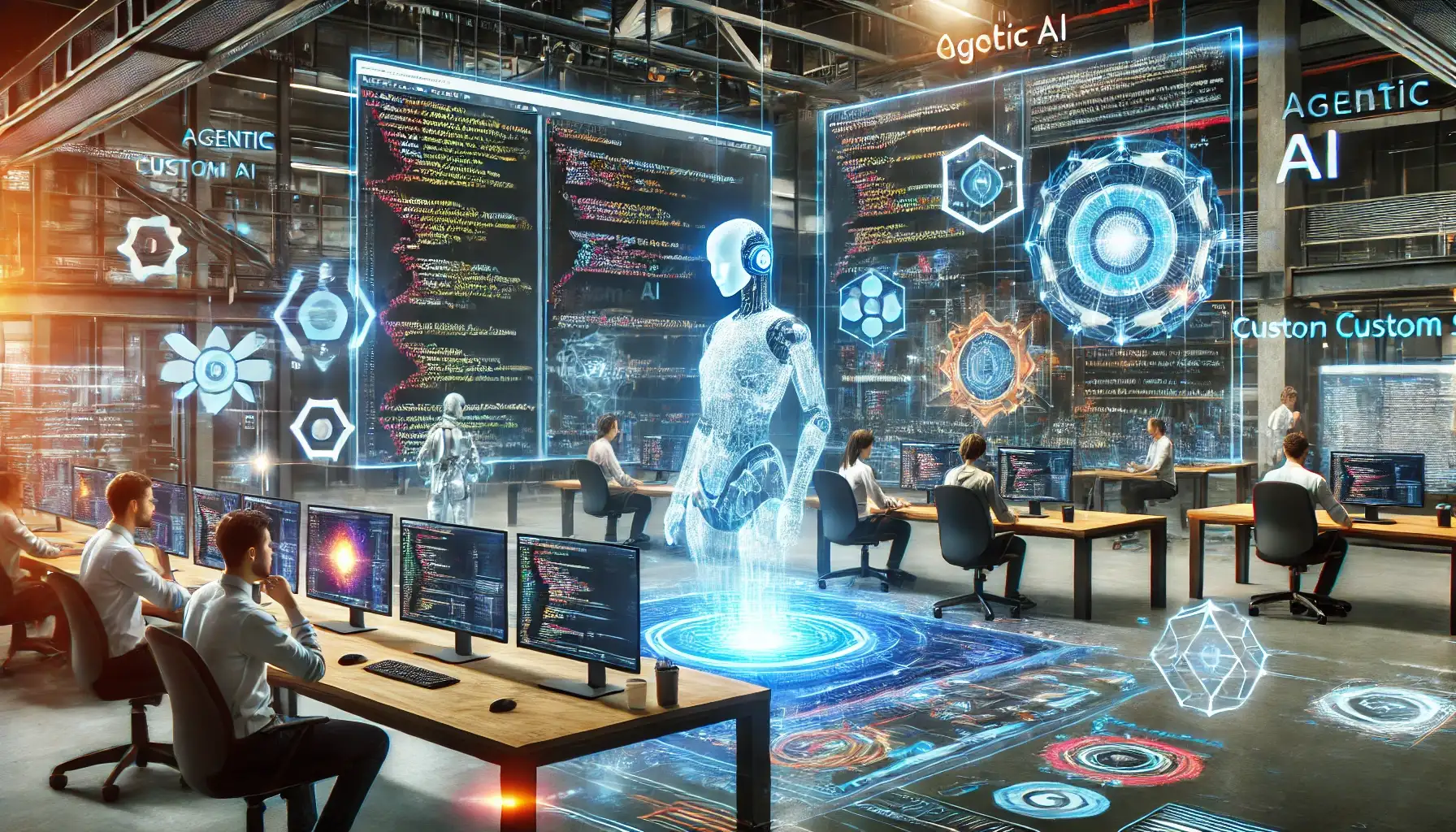
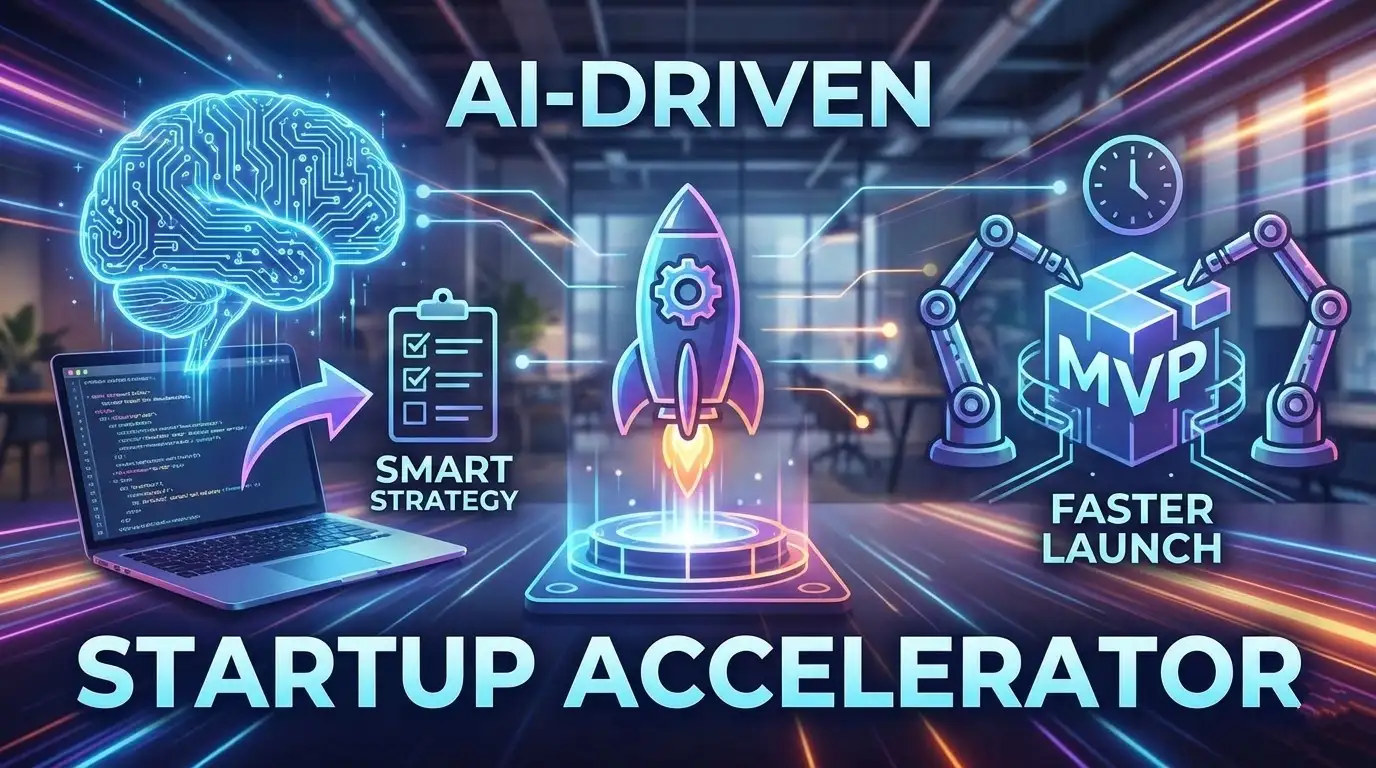 AI-Powered MVP Development: Sm....
AI-Powered MVP Development: Sm....
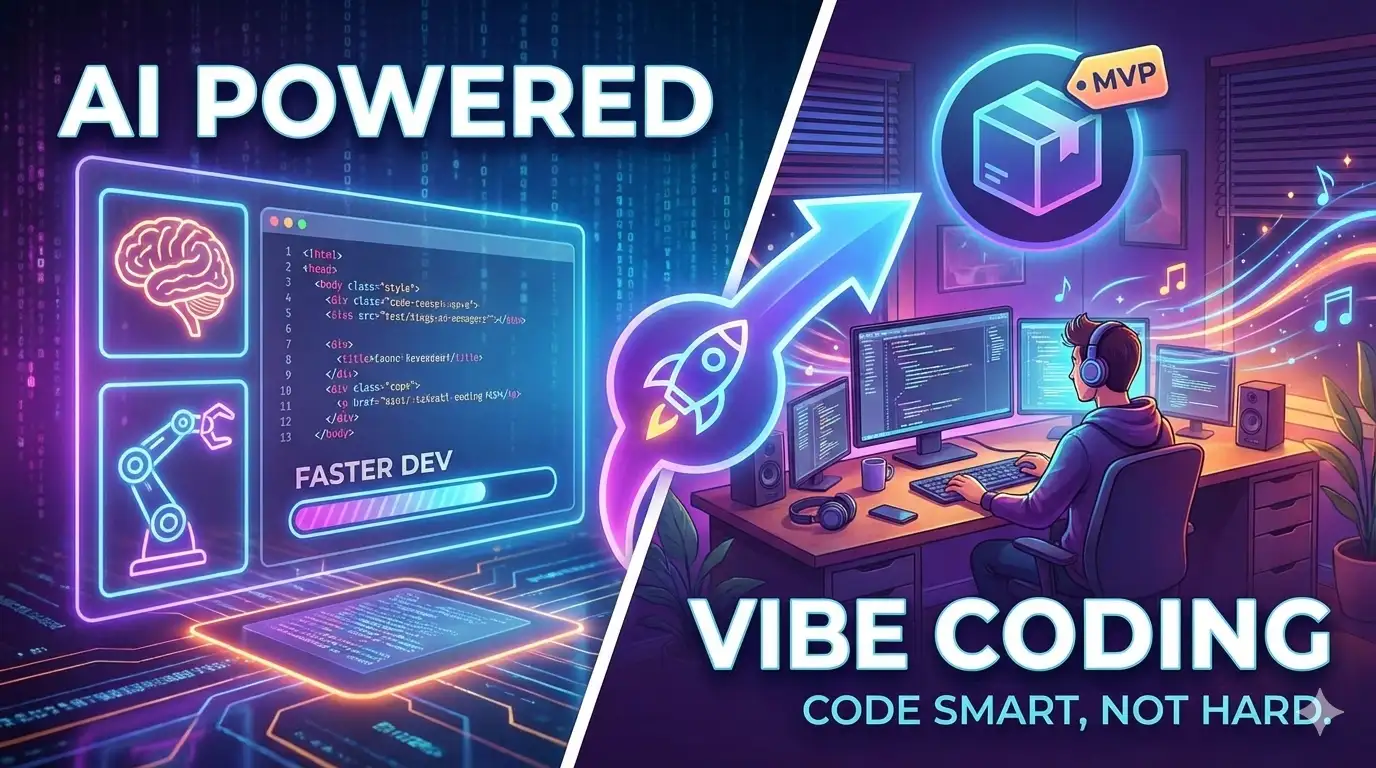 Build Your MVP Faster: AI Tool....
Build Your MVP Faster: AI Tool....
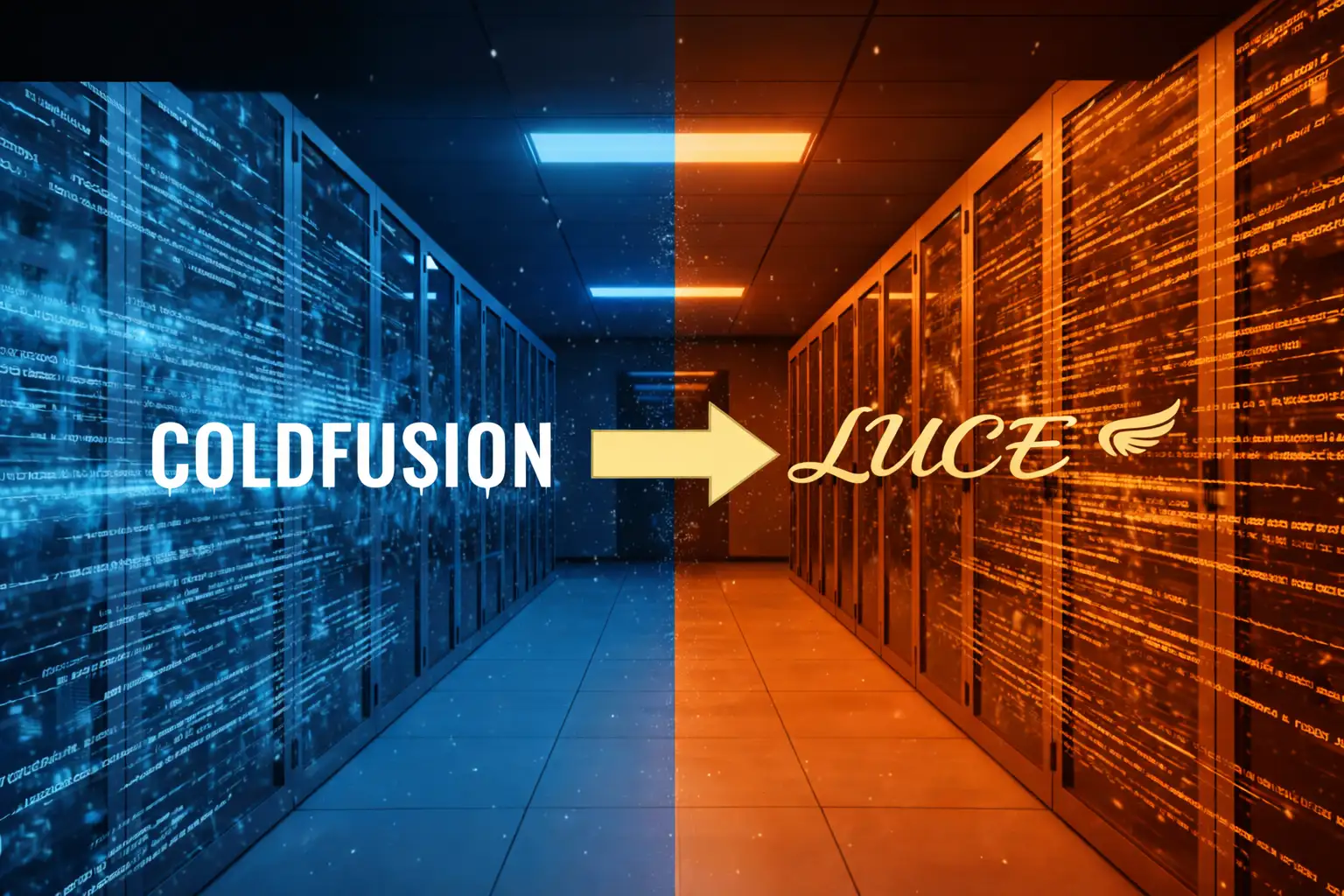 ColdFusion to Lucee Migration ....
ColdFusion to Lucee Migration ....
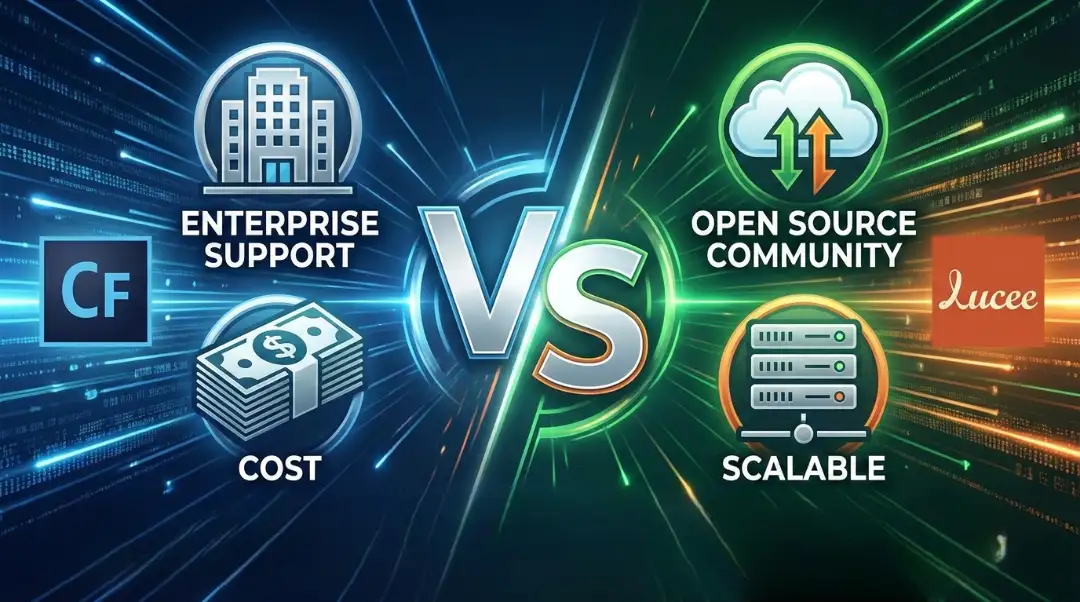 ColdFusion vs Lucee: Which Is ....
ColdFusion vs Lucee: Which Is ....
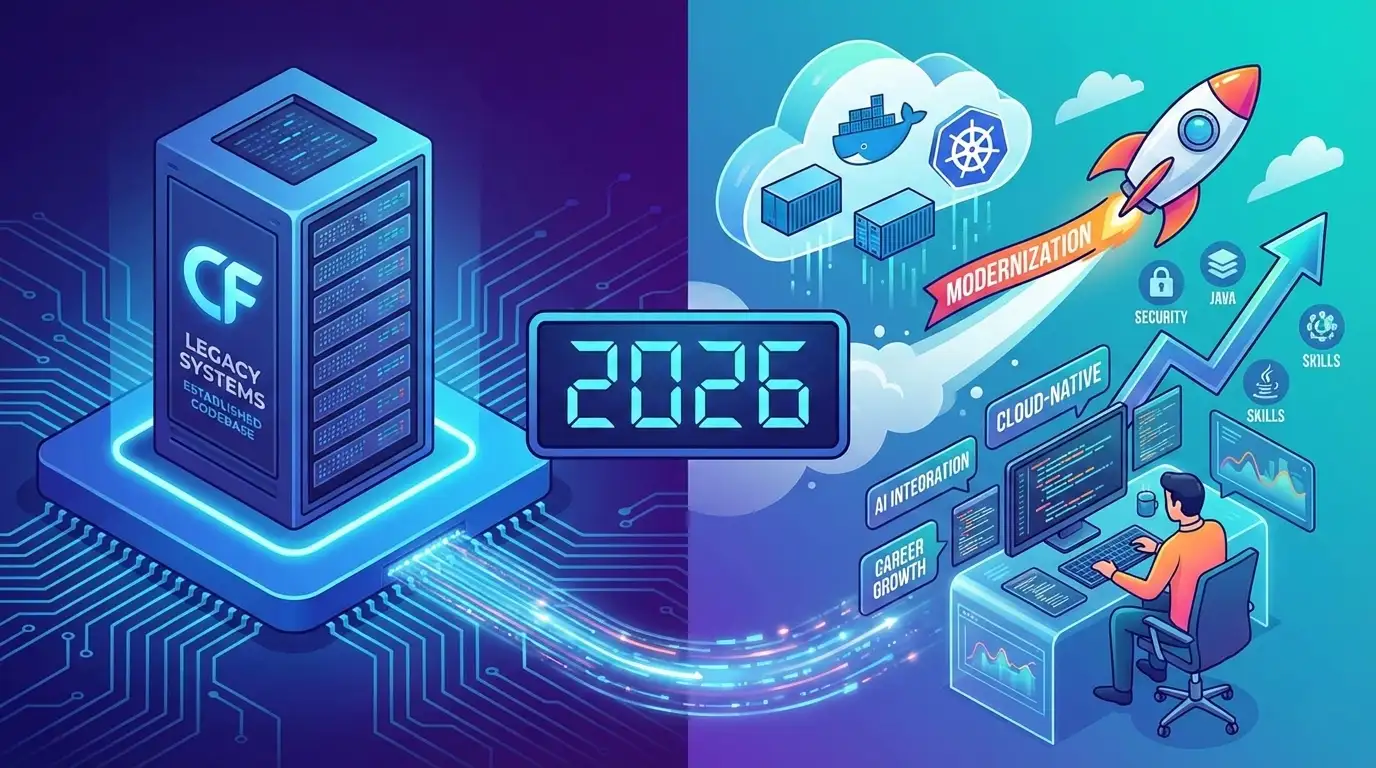 Is ColdFusion Still Relevant i....
Is ColdFusion Still Relevant i....

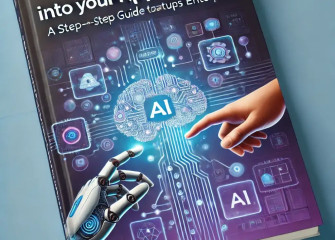

Your Trusted Software Development Company